Organising genius: scientific progress and global cooperation
2:30PM, 21 May 2024
We are hosting a half-day symposium for scientists, innovators and policymakers to debate the framework within which genius flourishes.
Scientific discovery is the success story of mankind. But its future is not a foregone conclusion. Now as always, discovery relies on the framework within which it operates: the incentives and organisational structures that we put in place in order to encourage and catalyse genius.
In Britain, we have an extraordinary record of discovery, which is epitomised by the remarkable run of breakthroughs Michael Faraday made at the Royal Institution. Yet if we’re to enhance our standing as a scientific nation, we need to innovate the way we innovate. That means improving how discovery is funded and rewarded, as well as increasing the variety of organisations that do discovery, from the ancient universities to younger institutes such as the London Institute for Mathematical Sciences, which is based in the Royal Institution.
At the global level, science has a unique role to play. As the language of patterns, it is universal, transcending political differences. Science diplomacy keeps channels of communication open between nations otherwise at odds. Yet when troubled times lead to a migration of talent, we must make scientists welcome through initiatives such as the London Institute’s programme of sanctuary fellowships for Russians and Ukrainians, which is the largest in the world. Meanwhile, we must compete and cooperate with countries such as China and India, which are recruiting and producing some of the best researchers.
This symposium, which takes place in the rooms where Faraday worked, brings together scientists, innovators, policymakers and new organisations to debate the conditions within which genius can flourish. Tomorrow’s discoveries will be built according to the incentives and organisational structures that we enact today.
Event info
This half-day symposium is on Tuesday 21 May, from 2:30 p.m. until late. To attend, please email Justine Crean, jc@lims.ac.uk. The talks and discussion take place in the Lecture Theatre of the Royal Institution. There are drinks from 6:00 p.m. in the Library and Georgian Room.
Programme
Speeding up discovery
- Lecture Theatre
- 2:30 Introduction, by Dr Thomas Fink
- 2:35 Lord Willetts
- 2:50 Chi Onwurah, MP
- 3:05 Panel discussion, moderated by Tom Whipple
- Dr Thomas Fink
- Dr Ilan Gur
- Chi Onwurah, MP
- Arkady Volozh
- Lord Willetts
- Library and Georgian Room
- 4:00 Coffee
Global scientific cooperation
- Lecture Theatre
- 4:30 Sir Martyn Poliakoff
- 4:45 George Freeman, MP
- 5:00 Panel discussion, moderated by Ehsan Masood
- Sarah Myers Cornaby
- Prof. Carlos Henrique de Brito Cruz
- HE Vikram Doraiswami
- George Freeman, MP
- Sir Martyn Poliakoff
- 5:50 Closing, by Sir Richard Catlow
- Library and Georgian Room
- 6:00 Drinks
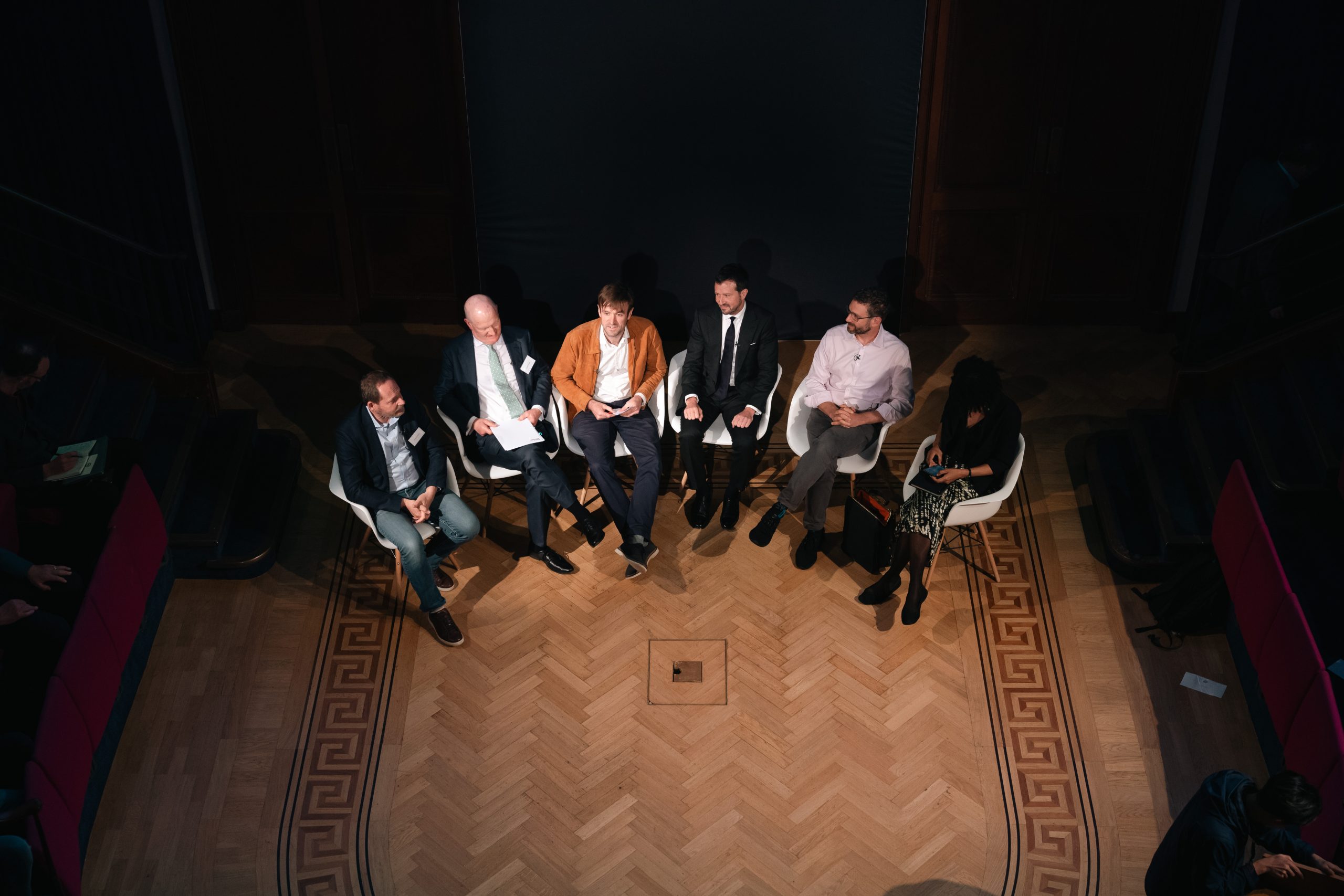



LCP












Speakers and panelists
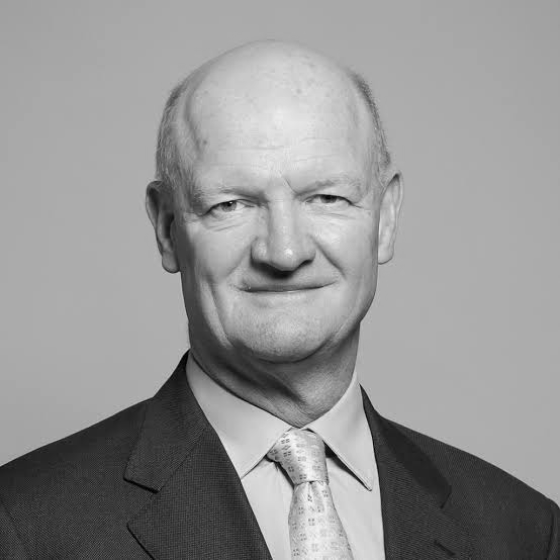
Lord Willetts
Lord David Willetts is chairman of the board of the UK Space Agency, chairman of the Foundation for Science and Technology, and president of the Resolution Foundation. From 2010 to 2014, he served as Minister for Universities and Science. He is a visiting professor at KCL.
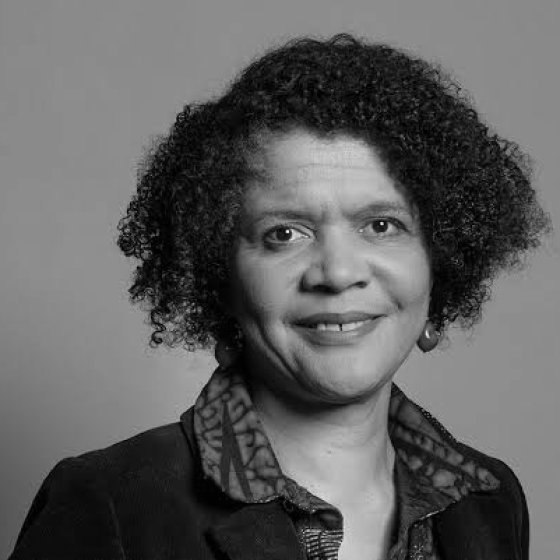
Chinyelu Onwurah
Chinyelu Onwurah, MP is the shadow minister for science. After studying electrical engineering at Imperial College and doing an MBA at Manchester Business School, she worked as Head of Telecoms Technology at Ofcom. Onwurah is an Honorary Fellow of the British Science Association.
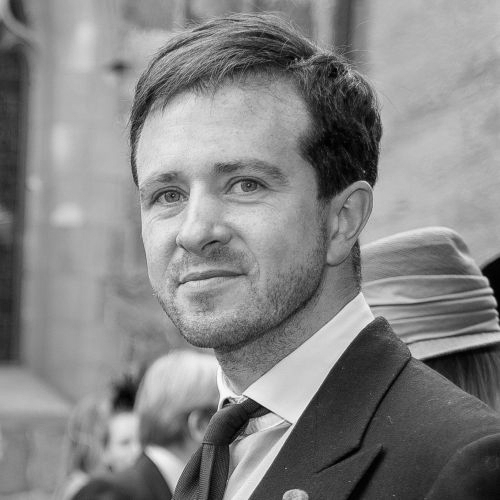
Thomas Fink
Dr Thomas Fink is the founding Director of the London Institute and Chargé de Recherche in the French CNRS. He studied physics at Caltech, Cambridge, and École Normale Supérieure. His work includes statistical physics, combinatorics, and the mathematics of evolvable systems.
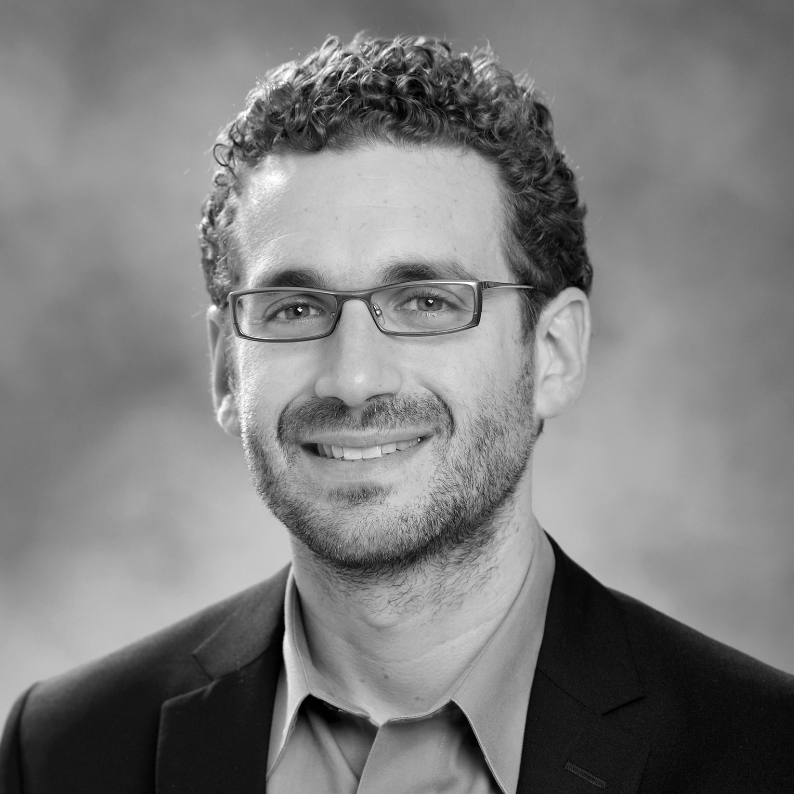
Ilan Gur
Dr Ilan Gur is the founding CEO of Aria, the UK government's agency for moonshot science. Since studying materials science and engineering at Berkeley, he has founded Activate.org, which helps scientists to bring research to market, and worked as a programme manager at ARPA-E.
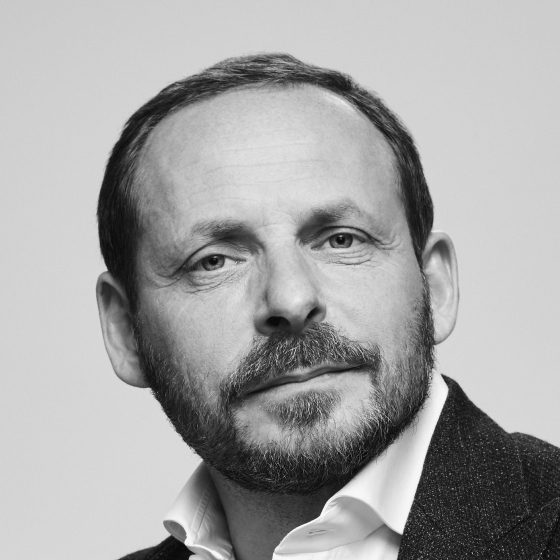
Arkady Volozh
Arkady Volozh is a tech entrepreneur, computer scientist, investor and philanthropist. He pioneered search and navigation technology and products and services powered by machine learning. He has co-founded several IT firms, including CompTek, Arkadia, InfiNet and Yandex.
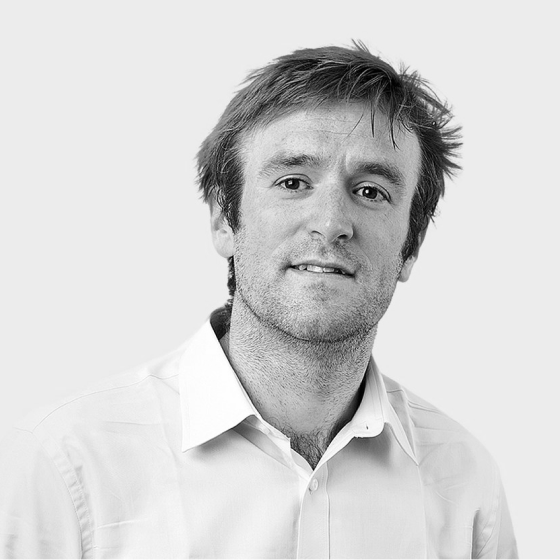
Tom Whipple
Tom Whipple is science editor at The Times. He studied maths at Cambridge, before joining The Times as a reporter, where he has written about science since 2012. He is the author of The Battle of the Beams: The Secret Science of Radar That Turned the Tide of the Second World War.
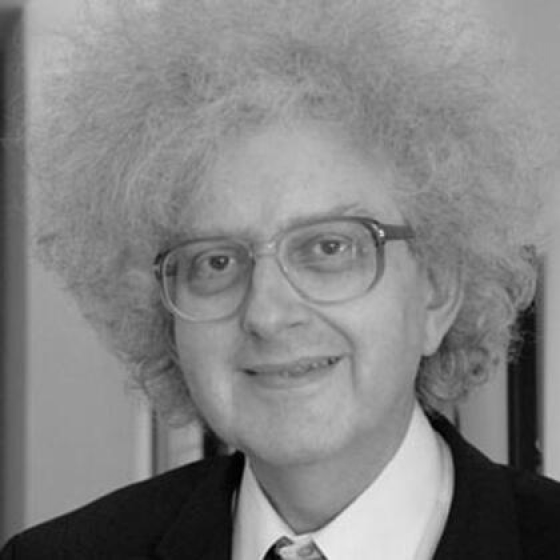
Sir Martyn Poliakoff
Sir Martyn Poliakoff CBE FRS is Research Professor of Chemistry at the University of Nottingham. He is a Foreign Member of the Russian Academy of Sciences, has received the Royal Society's Michael Faraday Prize for science communication, and has served as its Foreign Secretary.
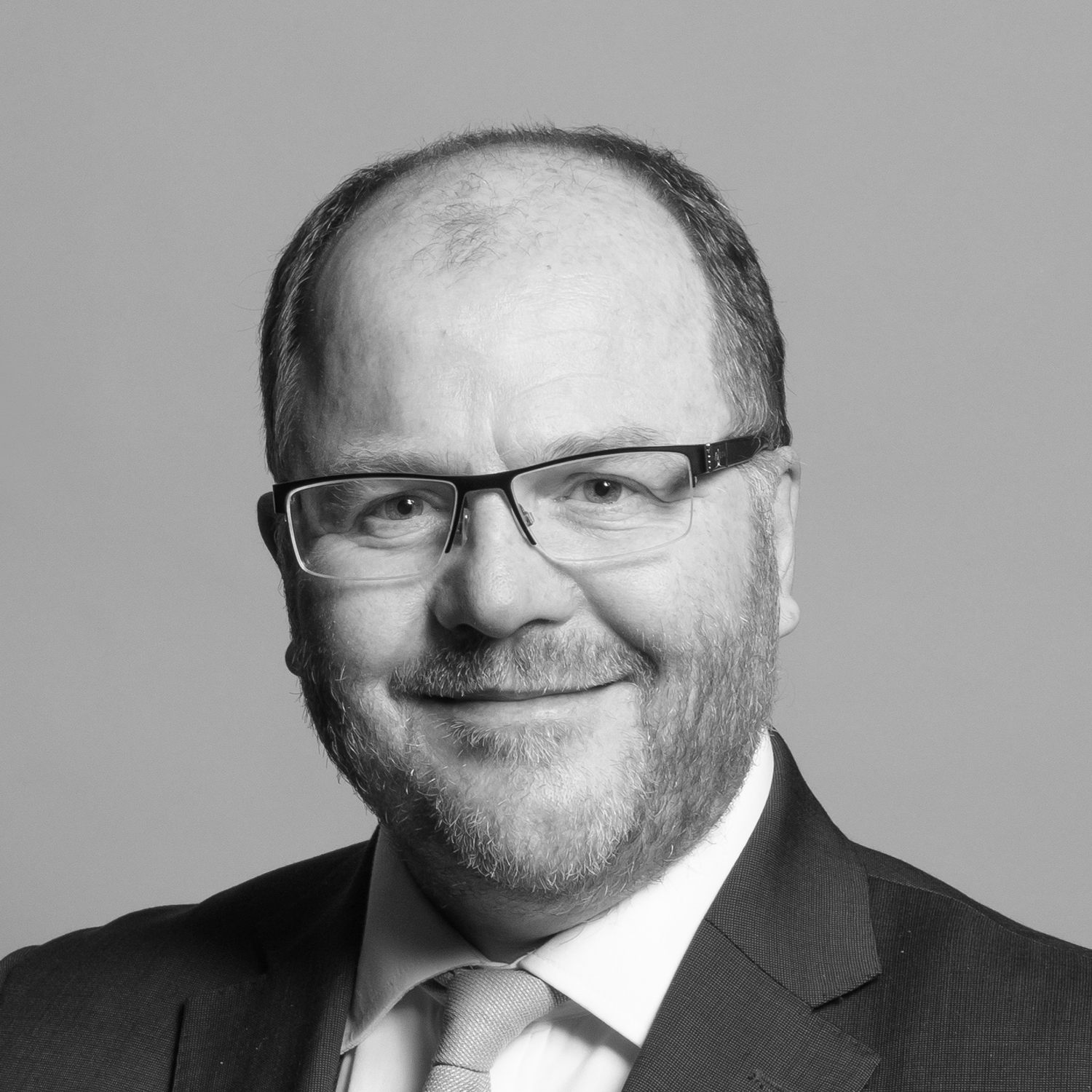
George Freeman
George Freeman is the MP for Mid Norfolk and has served as Minister for Science, Research and Innovation. He was the first UK Minister for Life Sciences and UK Trade Envoy. He became an MP in 2010 after a 15-year career founding and financing bioscience start-ups in Cambridge.
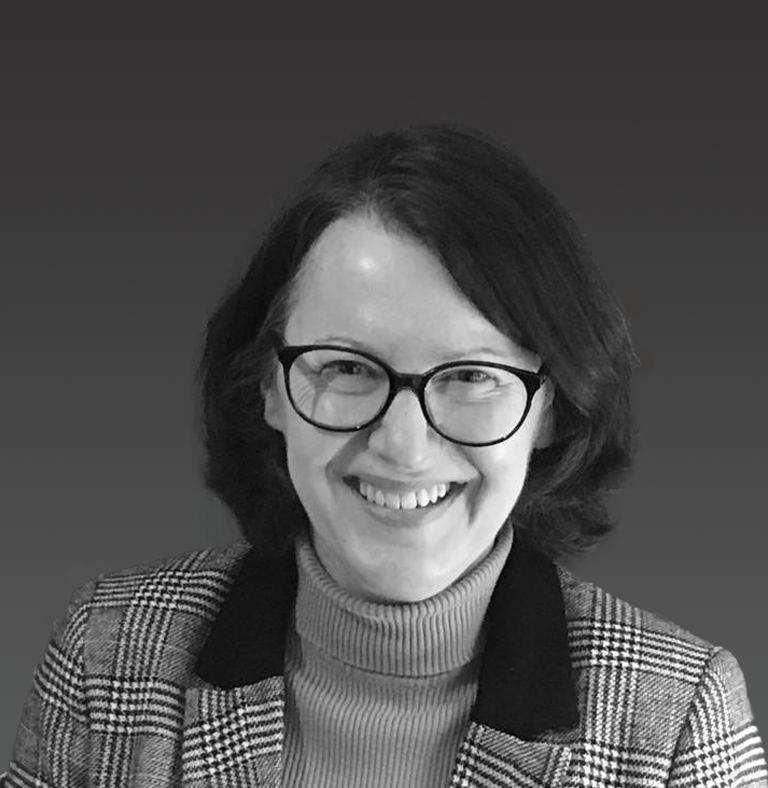
Sarah Myers Cornaby
Sarah Myers Cornaby is the Director of Development of the London Institute. With experience of UK, US, European and African fundraising, she has held director posts at national and global non-profits and specialises in high-net worth philanthropy and corporate partnerships.
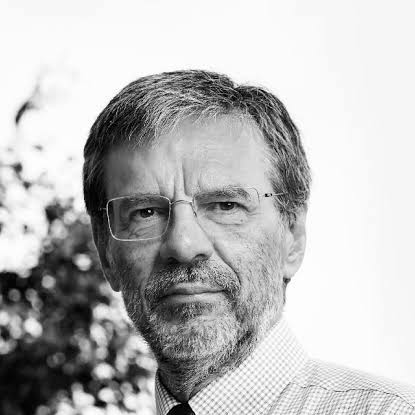
Carlos Henrique de Brito Cruz
Prof. Carlos Henrique de Brito Cruz is Senior Vice President of Research Networks at Elsevier. He was a professor of quantum electronics at Unicamp and director of its Institute of Physics. He also served as President of FAPESP and was co-chair of the Global Research Council.
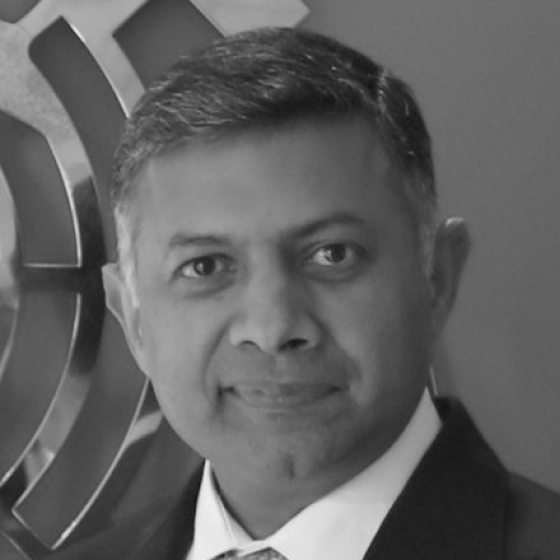
HE Vikram Doraiswami
HE Vikram Doraiswami is the High Commissioner of India to the United Kingdom. As well as serving on the permanent mission to the UN, he has been consul general in Johannesburg, High Commissioner of India to Bangladesh, and Ambassador of India to South Korea and Uzbekistan.
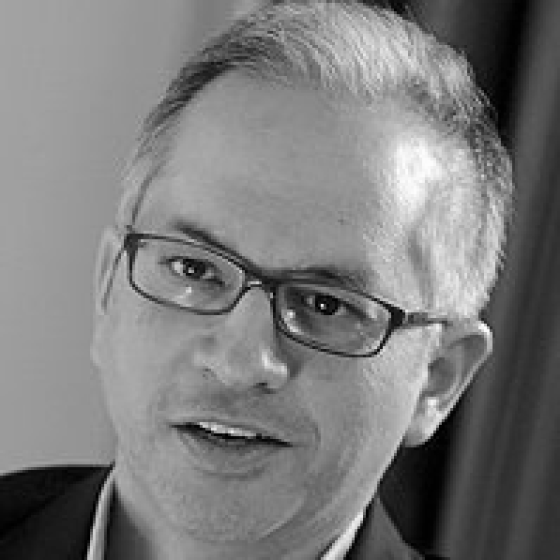
Ehsan Masood
Ehsan Masood is editor for editorials, Africa and the Middle East at Nature. He studied applied physics at Portsmouth Polytechnic and science communication at Birkbeck, before working at New Scientist, LEAD International and Nature. His books include Science and Islam: A History.
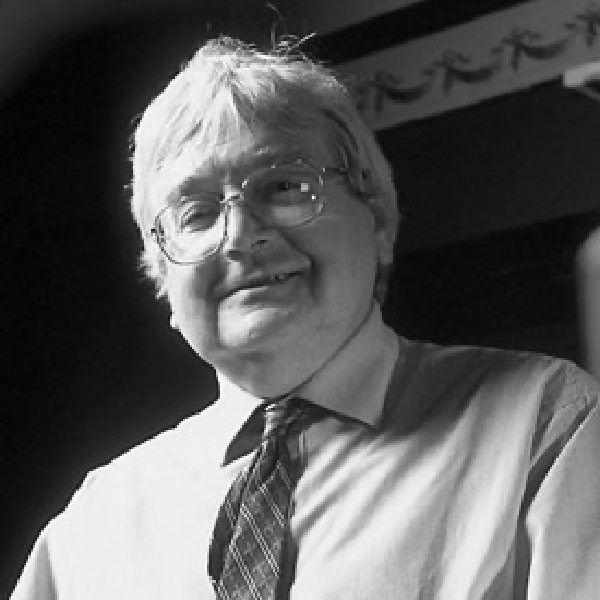
Sir Richard Catlow
Sir Richard Catlow FRS is a professor of chemistry at UCL and chairman of the board of the Royal Institution. He has also served as Director of the Davy Faraday Research Laboratory at the Royal Institution, and as Foreign Secretary and Vice President of the Royal Society.
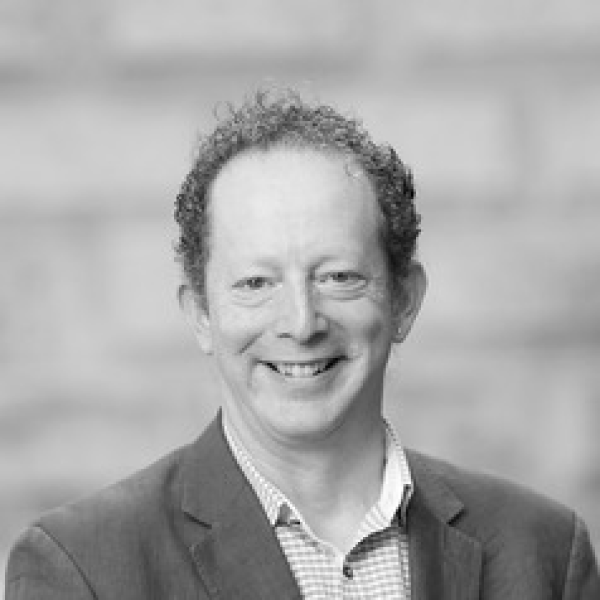
Daniel Glaser
Dr Daniel Glaser is Director of Science Engagement at the Royal Institution. He served as Head of Engaging Science at Wellcome Trust and was the founding Director of Science Gallery London. He studied maths then English literature at Cambridge and holds a masters in machine learning.